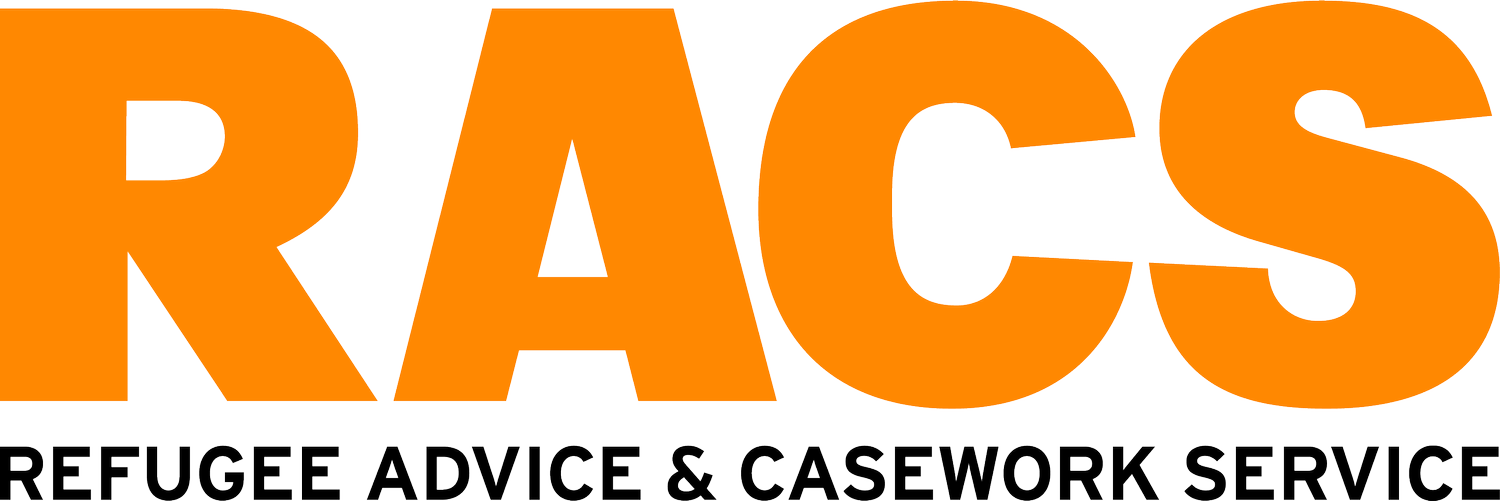Statement of Concern – Media and Political Commentary on Direction 99
The Visa Cancellations Working Group is a national coalition of more than forty community legal centres, legal aid providers, not-for-profit organisations, research centres and academics. Together, our members work directly with people facing visa cancellation, their families and communities.
We are deeply concerned by the ongoing attacks in media and political commentary on Ministerial Direction 99 and independent decision-making in character matters by the Administrative Appeals Tribunal. These attacks are misleading and discriminatory and threaten the rule of law.
The only thing separating people who face visa cancellation from the rest of the community is acquisition of Australian citizenship. Many of our clients have lived as permanent residents in Australia since fleeing war as children. Many have parents, children, partners in Australia. Many have serious health conditions or disabilities. They face challenges, have hopes and dreams, like anybody else.
Visa cancellation has life-changing consequences for people subject to it, their families and the communities around them. It involves permanent banishment from Australia, with no possibility of return. It can lead to the permanent separation of families and the return of people to harm including torture or death in a country with which they have no connection. It can lead to people being held for an indefinite period in immigration detention – imposing a default life sentence on them, no matter what their crime.
That is why, since these powers were introduced in 1998, governments have issued directions to guide decision-makers in deciding whether to visit these life-changing consequences on people. Since ‘character’ powers were introduced in 1998, decision-makers have exercised a discretion in deciding whether to cancel or refuse the visa of someone who fails the character test. And since that time, the Administrative Appeals Tribunal has been tasked with independently reviewing those decisions, and in some cases overturning them.
Contrary to some media reports, Ministerial Direction 99 involved only minor changes to previous Ministerial Direction 90. Like every Direction before it for more than two decades, the new Direction asks decision-makers to consider the level of a person’s connection to the community – but crucially, it doesn’t dictate how the discretion should be exercised. Decision-makers often decide that even strong community connections are outweighed by other factors, including protection of the community.
Media commentary analysing the outcome in particular Tribunal decisions is a serious attack on the independence of character-related decision-making. Tribunal hearings involve hundreds of pages of evidence and days of testimony. These decisions cannot possibly be glossed over in a few cursory paragraphs.
Maintaining and safeguarding the independence of the Tribunal is particularly crucial, given the Albanese Government’s commitment to Tribunal reform, ending politicised appointments and reforming its procedures to restore integrity.
Everyone in Australia – no matter their background or visa status – deserves to be treated equally before the law. That means that everyone deserves to have their circumstances fully and independently considered before lifelong consequences are visited on them. We cannot let politics undermine a protection that should be available to us all.
Signatories
Asylum Seeker Resource Centre
Australian Criminal Deportation Project
Buttar, Caldwell & Co. Solicitors
Carina Ford Immigration Lawyers
Clothier Anderson Immigration Lawyers
Circle Green
Estrin Saul Lawyers and Migration Specialists
Fitzroy Legal Service
Human Rights Law Centre
Human Rights for All
Immigration Advice and Rights Centre (IARC)
Liberty Victoria
Refugee Advice & Casework Service (RACS)
Refugee Council of Australia
Refugee and Immigration Legal Service (RAILS)
Refugee Legal
Sandpiper Lawyers
Sisters Inside
Southern Communities Advocacy Legal Education Service Inc (SCALES)
Visa Cancellations Working Group
Women’s Legal Service Victoria
Original Statement published in PDF form here.
Media enquiries on Direction 99 and Direction 110: contact media@racs.org.au.
